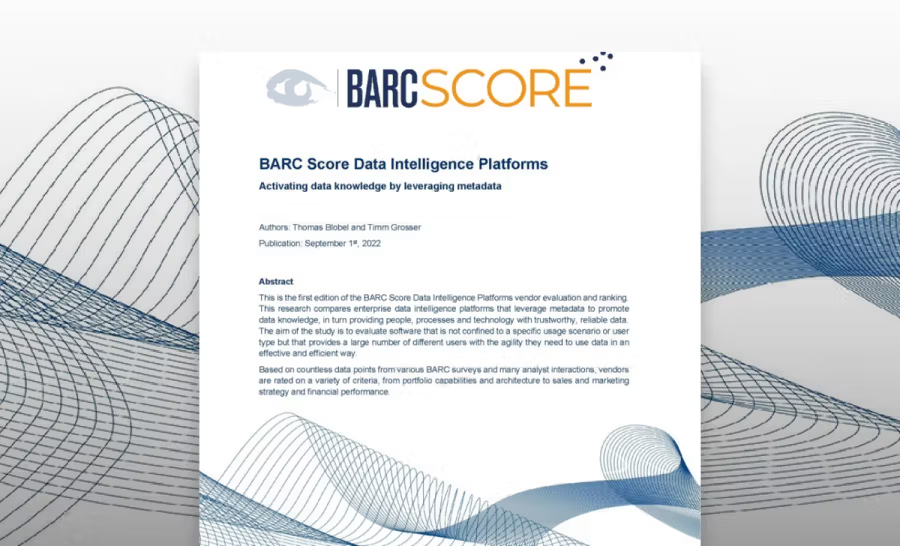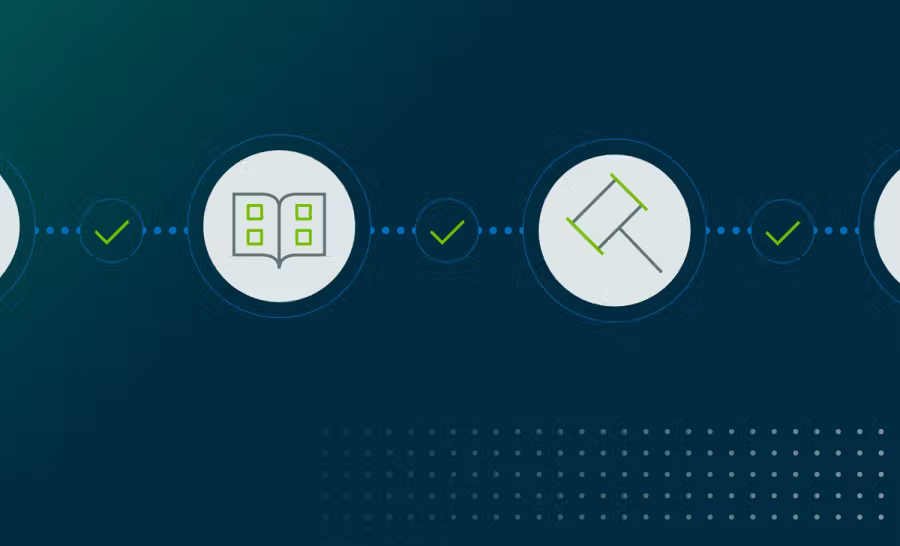Talking data ethics: What it is and why it’s important

We live in a world that’s data-driven. As data professionals, we see the power of data in action. We see that its explosive growth across every industry offers many benefits in our own work and in the broader society. From the latest vaccines to the hottest social platform, data is the lifeblood of our global economy.
But data itself lacks a voice. People and the organizations they energize must give it that voice to make decisions about what is the right thing — the ethical thing — to do. And these decisions affect people — in positive and negative ways. An ethical organization will strive to help people and avoid causing harm. This is at the heart of the data ethics conversation.
As the head of data intelligence at Collibra, I care deeply about the ethical use of data. As a company, Collibra uses data in accordance and in alignment with our company values. The good news is that if you’re concerned about data ethics at your organization, you’re already on the journey toward creating a data ethics framework that can drive thoughtful, responsible use.
Data ethics is defined as
“the moral obligations of gathering, protecting, and using personally identifiable information and how it affects individuals.”
– Harvard Business School Business Insights Blog, ‘5 Principles of Data Ethics for Business’)
Decisions with data have consequences
Conceptually, it may seem like these topics — data and ethics — occupy two different worlds. Data is informational, factual, numeric. As data professionals, we are used to an exacting science. We like precision. Ethics is more abstract. It’s about doing the right thing. And that can mean different things to different people.
On the one hand, the growing use of advanced analytics and AI have become an essential element of successful enterprise strategy, on the other hand we hear about stories of mishandling data that undercut trust in institutions.
The dispassionate domain of data has become a focus of ethical questions. So if your organization is collecting, storing, and using data, then you’re probably facing ethical questions about your data.
How to do the right thing
Doing the “right” thing isn’t always the same as doing the “legal” thing. Or vice versa. Often, changes to legal code or regulations throughout society lag behind moral code, where society has already committed to behaviors prior to laws mandating those behaviors. Just as often the reverse is true, where regulations are meant to influence future behaviors.
Let’s take the latter scenario in today’s data ecosystem: Privacy laws such as GDPR and CCPA are meant to mandate organizations to implement and enforce consumer privacy protections for customer personal data.
So how do you anchor your data strategy to an ethical framework that works for your organization?
Collibra | Our values
Open, direct, and kind
Collibra is a place where we speak openly about what’s on our minds. We care about each other so we are thoughtful about what we say, when we say it and how it’s said.
Our work matters
We are passionate and talented people who take ownership and get things done. Our ideas and actions will transform our company, our industry and a lot more.
Start with what you believe in
When you’re ready to begin your data ethics journey, the first place to start is looking at your company values. (If you haven’t yet established and communicated your values, this is a great opportunity to do so.)
At Collibra, our corporate values speak to the kind of organization we want to be. Two of our values — ‘Our work matters’ and ‘Open, direct, and kind’ — have direct relevance for how we make decisions about data. We use these values to guide our roadmap.
Be good to your data
Your values will direct your data ethics journey and determine how you focus your efforts. As a forward-thinking organization, Collibra is focused on strengthening our data science practice by formalizing our organization-wide position on data and our decisions about data.
Currently, we publish a range of internal policies that guide our ethical framework around data usage. Our policies include:
- Unconscious bias
- Data retention
- Anti-corruption
Informed and inspired by your values, your organization may be on the road to standing up a data ethics initiative. When you do, your next step will be to make sure you have trusted data, and that usually requires three critical capabilities:
- The ability to locate your data
- The workflows and processes to collaborate across your business
- The existence of a unified view of all your data assets
Collibra can help with this step.
Related articles

Data IntelligenceJanuary 27, 2022
Accelerate IFRS-17 Compliance with Data Intelligence Platform

Data IntelligenceSeptember 27, 2022
Collibra is a Market Leader in first-ever BARC Data Intelligence Platform Vendor Evaluation

Data IntelligenceOctober 28, 2022
The must-have checklist for maximizing the value of your data catalog and governance investments with Collibra

Data IntelligenceMarch 10, 2022
Improve data literacy and data sharing in government
Keep up with the latest from Collibra
I would like to get updates about the latest Collibra content, events and more.
Thanks for signing up
You'll begin receiving educational materials and invitations to network with our community soon.
